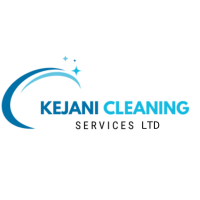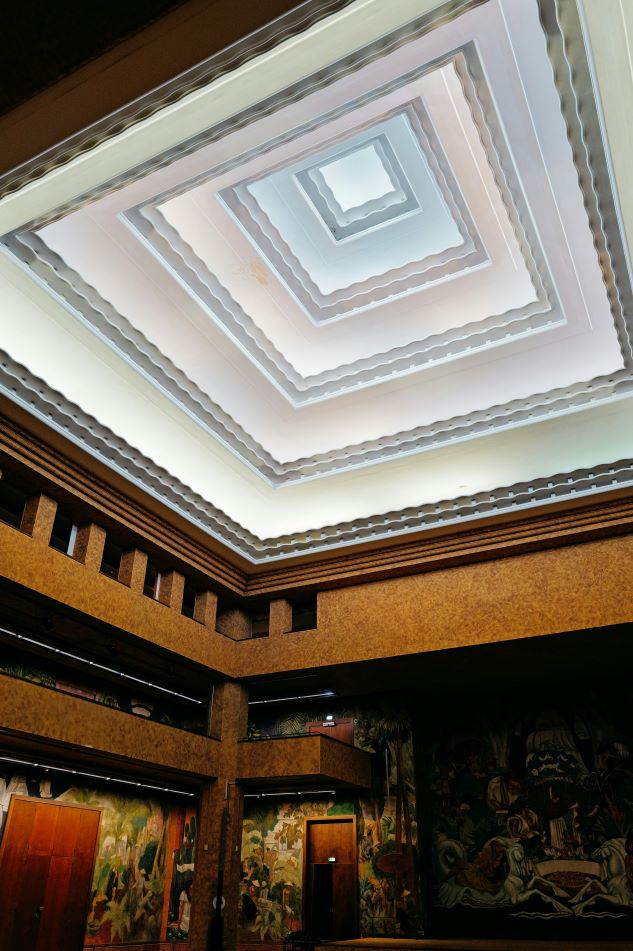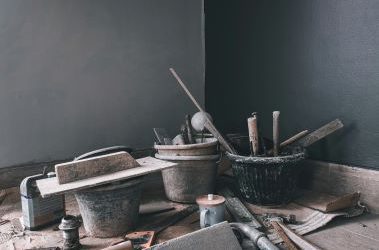After a construction or renovation project, one of the most overlooked but crucial tasks is cleaning high ceilings. These elevated surfaces are notorious for collecting dust, cobwebs, paint splatters, and construction debris—making them one of the most challenging parts of a post-construction cleaning job.
Whether you’re cleaning a warehouse, church, mall, office complex, or residential property with vaulted ceilings, understanding how to approach the task safely and effectively is essential.
In this post, we’ll cover:
-
Why high ceilings require special attention after construction
-
Essential safety precautions
-
Tools and equipment you’ll need
-
Step-by-step cleaning techniques
-
Eco-friendly product recommendations
-
When to hire professionals
Why High Ceilings Matter in Post-Construction Cleaning
Ignoring high ceilings can lead to:
-
Accumulated dust falling onto floors, shelves, and furniture
-
A visibly unfinished space
-
Poor indoor air quality due to airborne particles
-
Missed paint overspray, drywall residue, or insulation fibers
In commercial buildings like malls, hospitals, and showrooms, dirty high ceilings can also impact the perception of professionalism and cleanliness.
Safety First: Precautions Before Cleaning High Ceilings
High-ceiling cleaning can pose serious fall and injury risks if not done correctly. Always follow these precautions:
✅ Use the Right PPE:
-
Safety helmet
-
Non-slip gloves
-
Dust mask or respirator
-
Safety harness (for scaffolding work)
✅ Assess the Ceiling Type and Height:
-
Is it a drop ceiling, beam-exposed, or drywall?
-
Measure the height to determine if ladders, scaffolding, or lift equipment is needed.
✅ Ensure Adequate Lighting and Ventilation:
-
Proper lighting helps spot construction dust and residue.
-
Ventilation prevents buildup of dust in the air.
Tools and Equipment Needed for High Ceiling Cleaning
Depending on the ceiling height and condition, you’ll need:
🧰 Equipment
-
Extension poles (for dusters and mops)
-
Telescopic vacuum cleaner with HEPA filter
-
Scaffolding or mobile ladders (platform ladders preferred)
-
Cherry picker or scissor lift for very high or industrial ceilings
🧼 Cleaning Materials
-
Microfiber dusters
-
Dry mop head or soft bristle brush
-
Buckets and mild detergent
-
Spray bottles (for vinegar or eco-friendly cleaner)
-
Soft cloths or sponges
🌿 Eco-Friendly Products (Kenya-specific)
-
Grounded All-Purpose Cleaner – Safe, biodegradable, and locally made
-
Vinegar and water (for gentle, non-toxic cleaning)
-
Baking soda paste (for paint spots or sticky grime)
Step-by-Step Techniques for Cleaning High Ceilings After Construction
1. Start with Dry Dusting
Begin with dry dusting to avoid turning fine construction dust into muddy streaks:
-
Attach a microfiber duster or dry mop to a telescopic pole.
-
Work in sections, sweeping gently from one corner to another.
-
For beam or truss ceilings, wrap a cloth around the pole to access hard-to-reach edges.
2. Use a HEPA Vacuum for Loose Debris
-
A HEPA-filtered vacuum with an extension wand helps capture fine dust and construction particles without redistributing them into the air.
-
Use angled attachments to get into corners, vents, and recessed lighting fixtures.
3. Spot Clean Stains, Paint Splatters, or Adhesive Residue
-
Use a damp cloth or sponge on an extension pole.
-
Apply a mild soapy solution or vinegar-water mix.
-
For stubborn spots (like hardened drywall compound), gently rub with a baking soda paste and wipe clean.
4. Disinfect if Needed
If the building will be used by children (schools, churches), or vulnerable groups (hospitals, nursing homes), add a non-toxic disinfectant to the cleaning solution.
-
Example: Grounded’s all-purpose cleaner with essential oils is antimicrobial and safe for indoor air quality.
5. Check for Cobwebs and Nesting Debris
-
Post-construction, birds and insects may find entry points in unfinished roofs.
-
Use a long brush or pole to remove nests or webs—safely and gently.
6. Clean Ventilation Ducts and Ceiling Fixtures
-
Remove and clean ceiling vents using a cloth dipped in soap water.
-
Vacuum or wipe recessed lights, hanging fixtures, or fans.
Surface-Specific Tips
🪵 Wooden Ceilings
-
Avoid water saturation—use a damp cloth with wood-safe cleaner.
-
Dry immediately with a soft cloth.
🧱 Concrete or Industrial Ceilings
-
Use vinegar for mild acidic cleaning.
-
Avoid scrubbing with wire brushes that damage sealants or paint.
🧼 Painted Drywall Ceilings
-
Stick to microfiber tools and pH-neutral cleaners.
-
Avoid bleach or strong chemicals that may fade the paint.
Eco-Friendly High Ceiling Cleaning: Local Kenyan Options
When sourcing products for environmentally conscious projects, consider:
🌿 Grounded Cleaning Products (Made in Kenya)
-
Safe for humans, pets, and the planet
-
No toxic fumes—ideal for indoor ceiling cleaning
-
Available in Nairobi and major cities
Also, consider using:
-
Reusable cloths
-
Biodegradable floor and surface cleaners
-
Natural disinfectants like eucalyptus oil
When to Call in Professionals
Cleaning high ceilings after construction may exceed the skill, safety, or equipment availability of the average homeowner or maintenance team. You should consider hiring post-construction cleaning experts if:
-
The ceiling is over 15 feet high
-
There are multiple floors or scaffolding needs
-
Specialized ceilings (acoustic, architectural, decorative) are involved
-
Time is limited (e.g., before a grand opening)
Kejani Cleaning Services Limited offers post-construction ceiling and wall cleaning across Kenya and beyond—using professional-grade tools, lifts, and safety-trained staff.
Final Thoughts
High ceiling cleaning is an essential but often underestimated aspect of post-construction cleanup. When done right, it enhances air quality, aesthetics, and hygiene in the finished space. By using the right tools, techniques, and eco-friendly products—especially those available locally like Grounded—you can tackle this job efficiently or hand it over to experts who do it best.
Need help with high-ceiling post-construction cleaning in Kenya?
Get in touch with Kejani Cleaning Services for professional, affordable, and eco-friendly solutions.





0 Comments